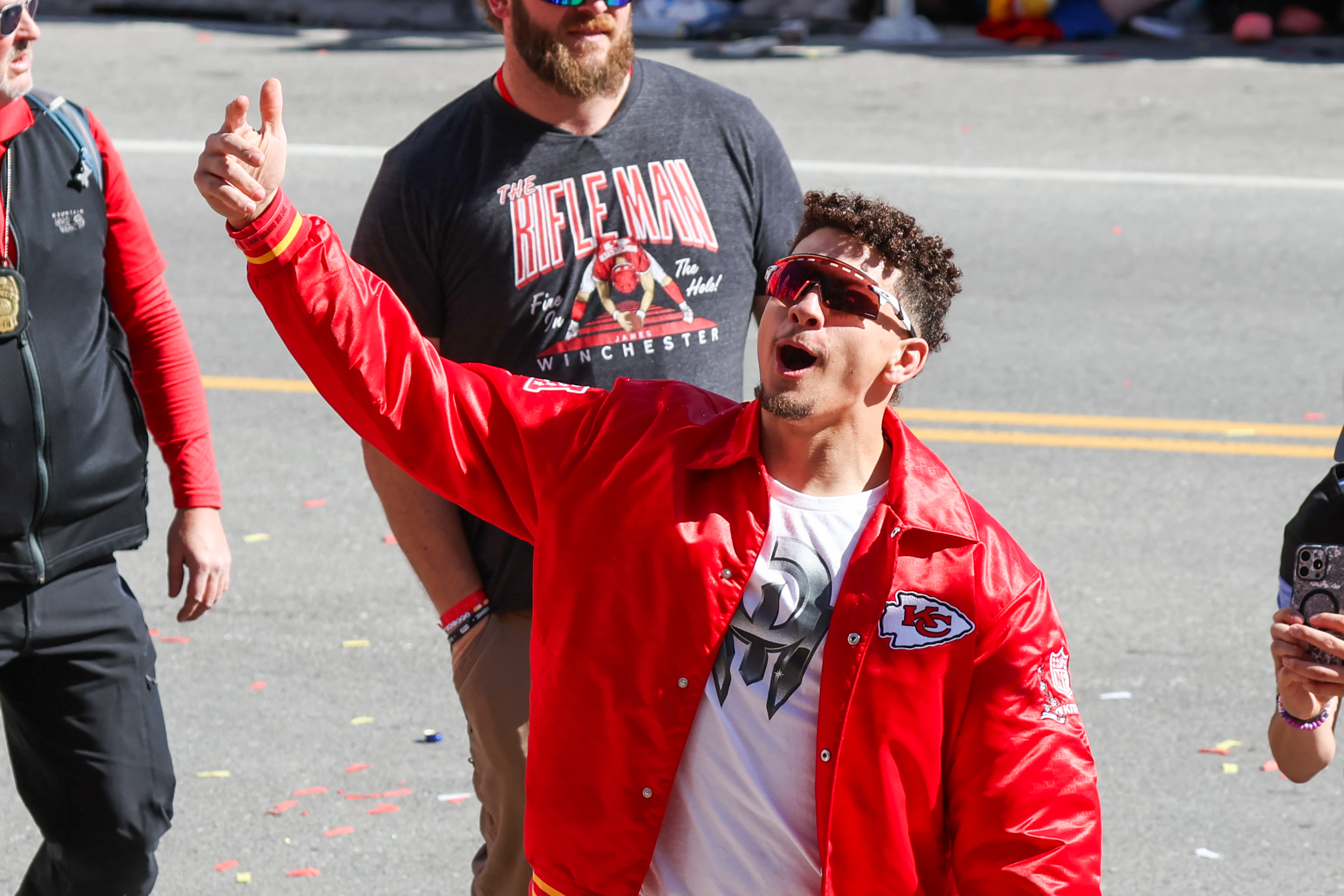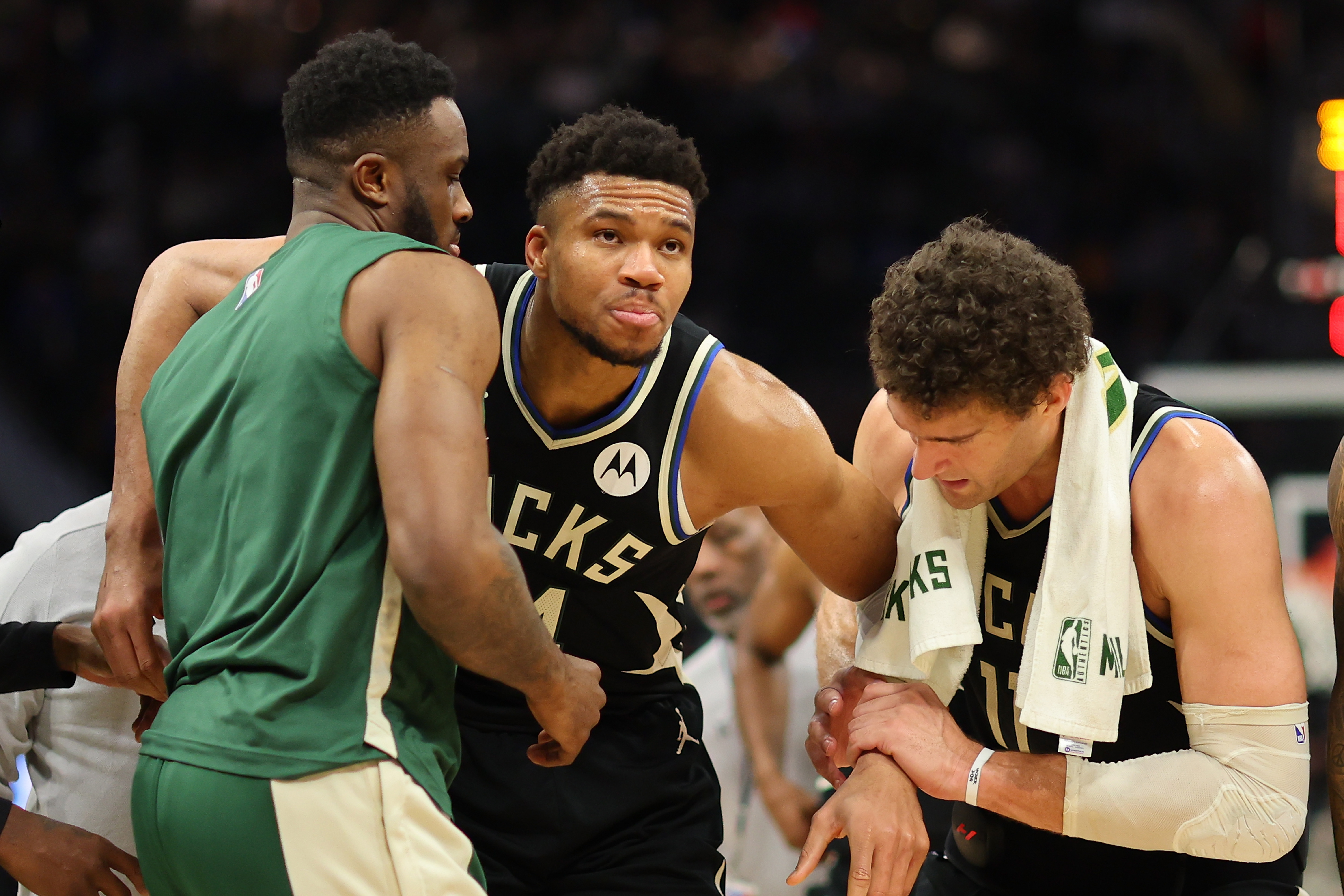In their final home game of the season, the Texas A&M football team defeated LSU in a seven-overtime thriller.
The game-day preparations for the Aggies started as they always do -- fans lined the streets to watch the team take part in the spirit walk.
"It's a great experience," 13-year-old Ethan Fisher said. "This is a great family bond."
Ethan is head coach Jimbo Fisher's youngest son.
The Aggie football team is a family.
"You got to push them, challenge them, ride them and then at the same time, you gotta hug 'em and love 'em and tell them why you do it," Jimbo said of his players. "To me, it's the same thing. Coaching and being a father is exactly the same thing."
Off the field, Jimbo is just like most dads; his office is full of keepsakes from his kids.
Sports Connection
Connecting you to your favorite North Texas sports teams as well as sports news around the globe.
The bond between a coach and his players is only topped by the love between a father and son.
All coaches know some opponents are tougher than others, but Ethan's biggest battle isn't on a football field and losing isn't an option.
Ethan has Fanconi anemia.
"It's a rare blood disorder that there's actually no cure for," Jimbo explained.
Ethan was diagnosed when he was 6 years old.
"He had a bad temperature and he was getting real sick," Jimbo recalled. "They took him to one of those out patient clinics and they did blood work on him and they said his platelet counts were really low. They said check him after a month and it should come back. We took him after a month and the platelet count didn't go up. We said, 'OK, take it after another month' and it didn't go up and we said, 'Whoa, something's going on here.'"
When he finally learned what was ailing his son, Jimbo went straight to the Internet.
"Life expectancies were less than 18, 19, 20-years-old, I mean we quit reading it, you didn't want to read anymore," Jimbo said. "We basically felt it was a death sentence. I mean, it was, at that time, your reason for life, your reason for living, goes away. I mean, that's why you live, your kids. It knocks a hole right in you."
"It's very rare, probably occurs in 1 in 130,000 children," said Dr. Margaret MacMillan, Ethan's doctor. "Time is not on the side for these children."
MacMillan is the captain of Jimbo's team of researchers.
"He's kind of built a different team, another team, of how do we attack this problem," she said.
MacMillan's been studying Fanconi anemia at the University of Minnesota for more than 20 years.
"You're born with it," she said. "It's a genetic abnormality where you've inherited an abnormal gene from each parent and in doing so, now the child has the disease. Abnormal cells in the bone marrow, which is the factory to make your blood, will make it so you can't make blood cells. So in Fanconi anemia, patients can't repair their DNA properly, so they're more prone to making abnormal cells."
It makes Ethan 300,000 times more prone to cancer. He'll eventually need a bone marrow transplant, unless Jimbo and his team can raise enough money to break ground on a revolutionary gene therapy.
"We have a chance. We believe, here, we're getting to where we can think we can beat this thing," Jimbo said.
Over the last seven years, Jimbo's Kidz 1st Fund has donated more than $8 million to research.
"God puts you in a position for a reason sometimes, " Jimbo said of using his platform to raise awareness and money. "My fear is that you don't get it in time. You can't do enough to raise enough money and get the research to the doctors to get them to be able to do what they do."
Jimbo knows the pain of a rare diagnosis.
"I don't want any family to ever have to walk in there and hear that, " he added. "Fear does two things to you. It either cripples you or it motivates you."
Jimbo won't stop fighting until there's a cure, because that's what coaches and dad's do.
"It puts things in perspective, " he said. "I don't think there's anything greater than saving a life."
Online: Donate to Kidz 1st Fund



